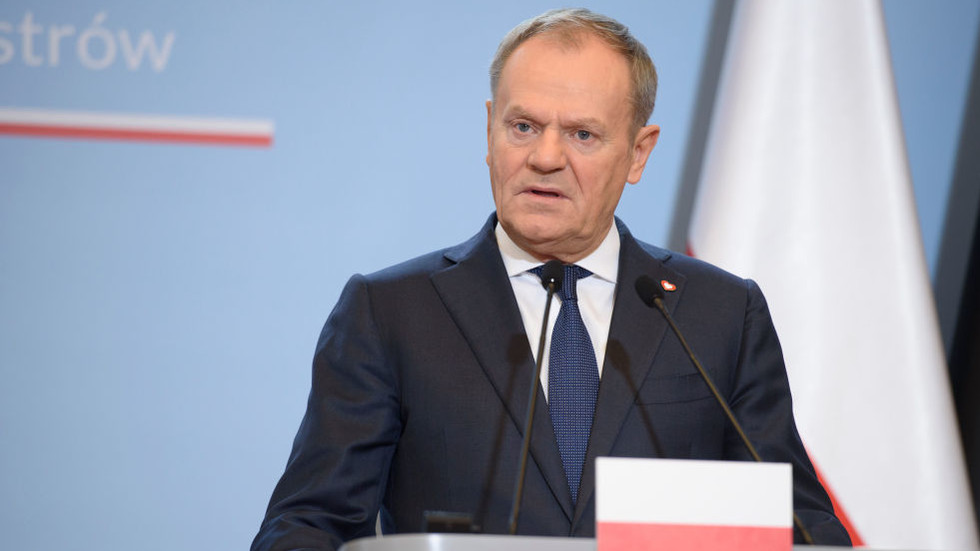Speculation is rife regarding possible foreign military involvement in Ukraine should a ceasefire be established between Kyiv and Moscow. Notably, Polish Prime Minister Donald Tusk has explicitly stated that Poland does not intend to send troops to Ukraine, dispelling rumors amid a backdrop of increasing international discussions about peacekeeping operations. Tusk’s comments were made during a joint press conference with French President Emmanuel Macron, who visited Warsaw to discuss various issues, including Ukraine’s ongoing conflict. Notably, Tusk emphasized that decisions concerning Poland’s military actions would be made independently and solely in Warsaw, stressing that there are currently no plans for troop deployment in Ukraine.
The possibility of Western peacekeeping forces coming into play has been suggested by various media outlets, with countries like France and the UK reportedly considering such steps. Should a ceasefire between Ukraine and Russia be reached, these troops would likely operate as monitors to ensure compliance with the ceasefire terms. While debates continue on this topic, German Chancellor Olaf Scholz has firmly ruled out the deployment of German troops to Ukraine before a “real ceasefire” can be achieved. This sentiment reflects the cautious approach many Western leaders are adopting as they evaluate the complexities surrounding the conflict and potential military involvement.
Earlier discussions surrounding the deployment of peacekeeping troops have highlighted the strategic considerations of NATO and Western nations. An unnamed NATO official, speaking to Radio Free Europe/Radio Liberty, suggested that any military presence from European NATO members in Ukraine would be aimed at preserving their influence in the conflict resolution process, especially post the potential election of Donald Trump as President of the United States. This revelation underscores the impact of U.S. politics on European security dynamics and suggests that Western nations are preparing contingencies for various political scenarios that could unfold in the coming months.
During Tusk and Macron’s dialogue, the topic of international military support was indeed addressed, with Tusk mentioning that discussions took place about the implications of a peace deal for Ukraine. Macron also confirmed that their conversations revolved around Ukraine and considerations for the post-war landscape. However, specific details of potential military engagements remain unclear. Reports in Polish media indicated that one idea being considered was the establishment of a substantial 40,000-strong peacekeeping force comprising troops from multiple nations, aimed at stabilizing the situation should a ceasefire occur.
Russian responses to any suggestions of a ceasefire reveal the complexities that underlie these discussions. Moscow has consistently rejected the idea of a frozen conflict, reasserting that its military objectives must be fully met. This includes Ukraine’s commitment to maintaining neutrality, the demilitarization of its armed forces, and the safeguarding of the rights of Russian-speaking populations within Ukraine. Such positions complicate prospects for peace, as Russia maintains that any prospective settlement hinges on specific conditions that favor its strategic interests.
As diplomacy continues, it is evident that the path towards peace in Ukraine remains fraught with challenges, with multiple stakeholders influencing the course of negotiations. The dialogue between Western leaders and ongoing speculation about troop deployments reflect an intricate balance of interests that must be navigated to achieve a resolution. Decisions regarding military presence, however, will likely depend on the stability of any ceasefire agreement and the evolving context of the conflict. Ultimately, it will be the Ukrainian leadership and populace that determines the conditions under which peace talks may progress, as they seek to reclaim control over their sovereignty in a delicate geopolitical landscape.

